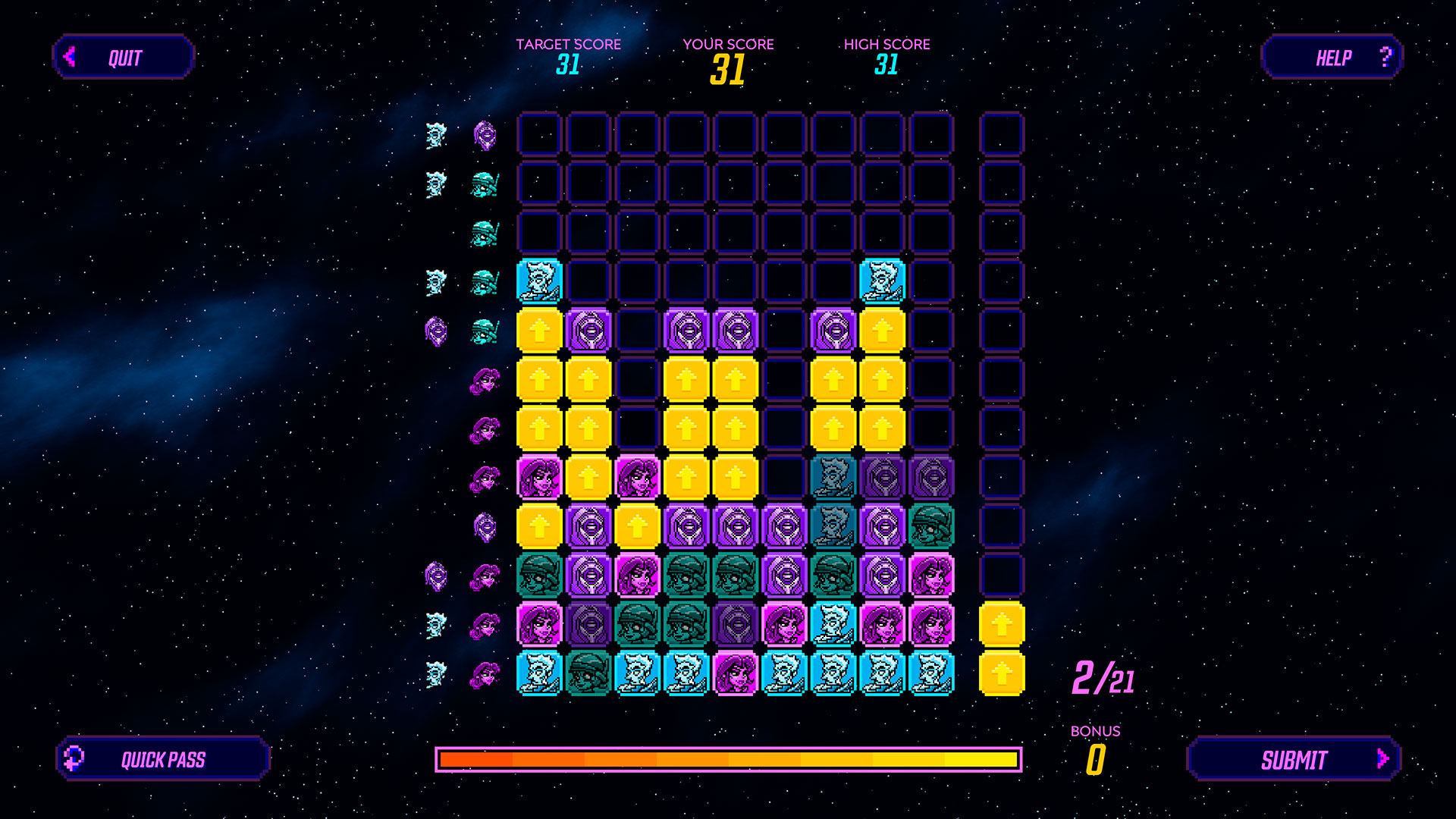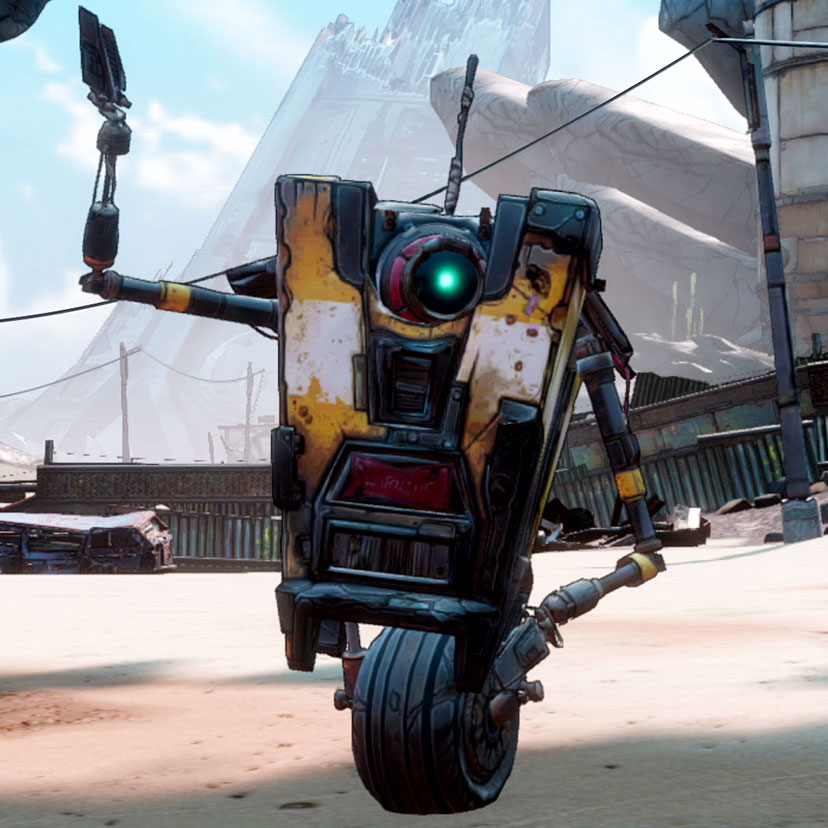Next time you're aboard Sanctuary III in Borderlands 3, keep an eye out for the newly installed Borderlands Science arcade game in the corner of Dr. Tannis' infirmary. Developed in conjunction with McGill University, Massively Multiplayer Online Science, and The Microsetta Initiative, Borderlands Science is a puzzle game that benefits the real-world scientific community as you play.
Borderlands Science presents you with simple block puzzles based on strands of DNA, and by solving them you're helping to map and compare the microbes contained therein. Completing these puzzles also earns you in-game currency, which can be redeemed for unique Vault Hunter Heads and Skins as well as timed boosters that buff your stats, loot quality, and even experience gains when you jump back into the mayhem of Borderlands 3 proper.
Borderlands Science exists in part because computers aren't perfect at organizing this data and make lots of small mistakes that can corrupt subsequent analysis, but the game you play to solve this complex task is easy to understand and play. Colored tiles representing different nucleotides appear on a grid; by nudging them up within their columns, you attempt to organize them into the correct rows. It's not always possible to line up all of the tiles correctly, but attempting these puzzles is still helpful as you're identifying errors in real-world computer analyses.

Each of the Borderlands Science puzzles has a target score that you need to hit in order to progress and get credit for solving it. Note that hitting a puzzle's target score doesn't mean you have to move on to the next one though; often there will still be additional moves that you can make. Going above and beyond the bare minimum that's required is key if you want to beat the high scores already posted by Tannis and contribute more data to this important microbe initiative.
In case you're curious about the practical applications for the raw data gathered through Borderlands Science, the human gut is linked to numerous diseases and conditions, including diabetes, depression, autism, anxiety, obesity and more. By mapping these microbes, the hope is that scientists will be able to better understand these ecosystems, which may help guide future research into novel treatments and interventions. For more information, check out The Microsetta Initiative. And if you want to learn more about the methods, check out dnapuzzles.org.






